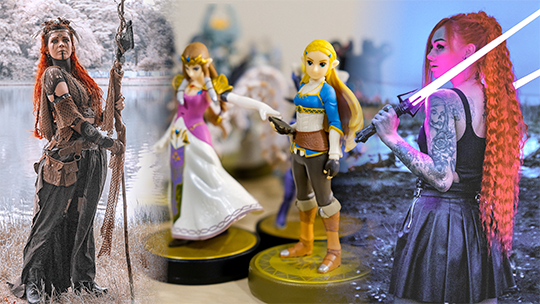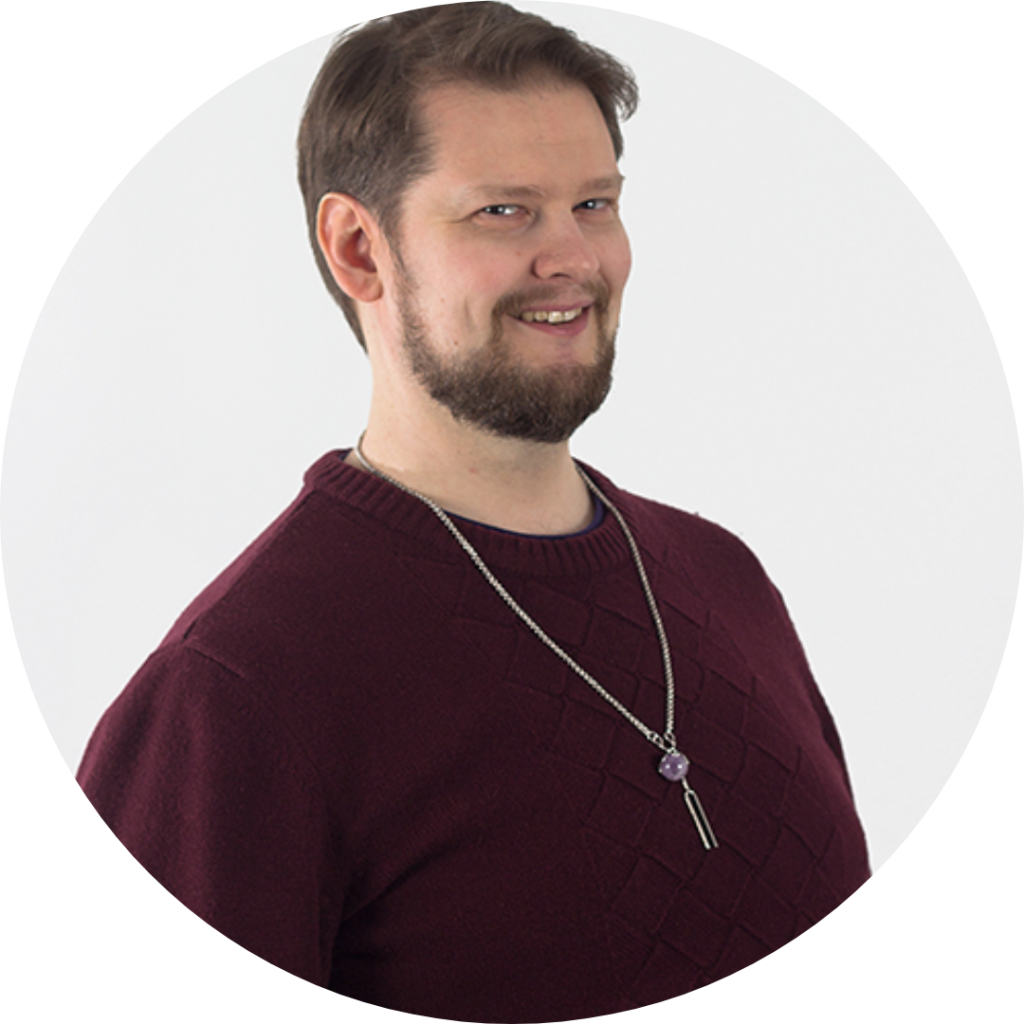“The Playful Kraken” – Part 5: …And Discussions Remotely

Through my connections, I facilitated excellent discussions with interesting people from geographically close by, as well as from the other side of the world. We discussed the situation of the whole Game Industry with Professor Umer Noor from Humber UAS, and while their curriculum has a slightly different approach to game development education, focusing on C++ programming and building their own engines from physics point of view, they were extremely interested in doing cooperation based on our discussion. They recognized the need for a Game Industry ABC, which would provide the basic structures (framework), terminology, maps, and resources for the whole Game Industry education. During the discussion, the preliminary target audience for the Game Industry ABC was established to be students, educators, industry experts, and people who want to know what the Game Industry is. The preliminary research was also presented from the viewpoint of diverse ways of approaching education (Technical vs Artistic vs Implementation). One of my mind maps (see Game Industry Structure) points out which academic fields (List of academic fields, 2022) the Game Industry ABC should include. The answer, of course, is most of them, or at least a larger portion than one might initially assume. My discussion with the Humber expert also resulted in changes in the categorization of the available education in numerous ways. I updated my mind map (see Global Game Education) to include uncategorized possibilities, different ways of learning OR different ways of input, as well as quality and reliability categories.

With Thomas Buijtenweb from Breda UAS, there was a deep understanding of the problems that the research runs into concerning the Game Industry hypernym definition. The most important part of the discussion was the mutual understanding that the research needs to have connections to actual industry companies and networks, or otherwise it will end up being just a theoretical practice. In the discussion a couple of especially important points about the funding of future research and assorted styles of implementation came up. One particularly good option that was mentioned, was a professional doctorate which could include an implementation portion for building a platform to navigate and display the organized information about the Game Industry, e.g., a map application, a game, a simulator, a web portal, or something else. In addition, a fascinating debate concerning the drastically different education methods – as in Breda’s project-based, versus the normal course-based education – resulted in the addition of the validity category into the GGE mind map (see Global Game Education). Another result of the conversation was their interest in the Pipeline Game Studios idea (see Game Industry Structure) if it gains traction. Finally, the discussion concluded with an interesting observation about the Covid-19 and the weird effects of people getting to know each other in the virtual environment before face-to-face contact. Thomas mentioned that it requires voluntary effort to get to know the people in this sequence of starting from the virtual to in-locale environment.

Another insightful comment concerned defining the concept of the Game Industry from the language point of view, and the need for conceptual analysis, because even a small confusion in the terminology can cause significant long-term disadvantages on marketing. In this case the difference might be even just one letter. The changes in the meaning are bound to the concepts by sectoral areas. So, a statistical analysis of the search results would be highly recommended. Unfortunately, there was not enough time to discuss with another Breda expert, who is researching the taxonomy of games, but contact information was exchanged.
Writer

Risto Koskenkorva (Certified Professional Teacher (JAMK), M.Sc – IT (JYU), Game Industry Veteran) works as a senior lecturer in Jamk BIT Game Production. Specialized in Game Industry (Game Development, Game Production, Game Programming, Game Engines, 3D Art & Animation, Game Publishing, Game Entrepreneurship, and Leadership & Management).
References
List of academic fields. (2022, April 28). In Wikipedia. https://en.wikipedia.org/w/index.php?title=List_of_academic_fields&oldid=1085016964
Read the other parts of ”The Playful Kraken” series: